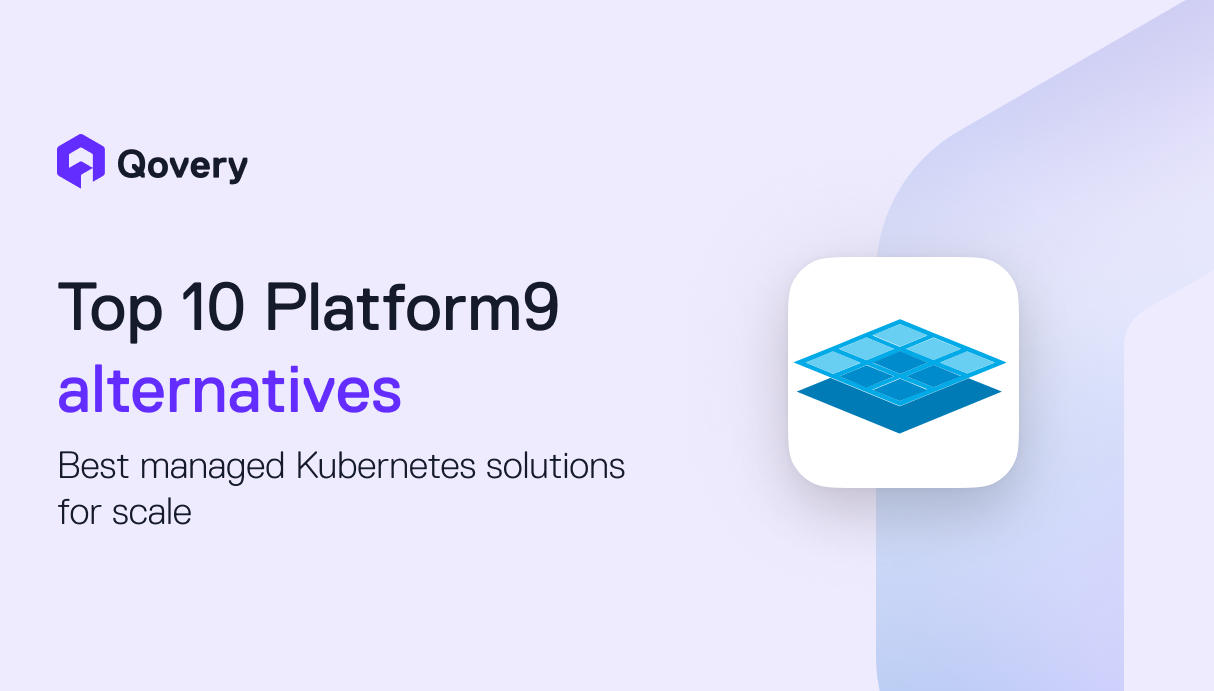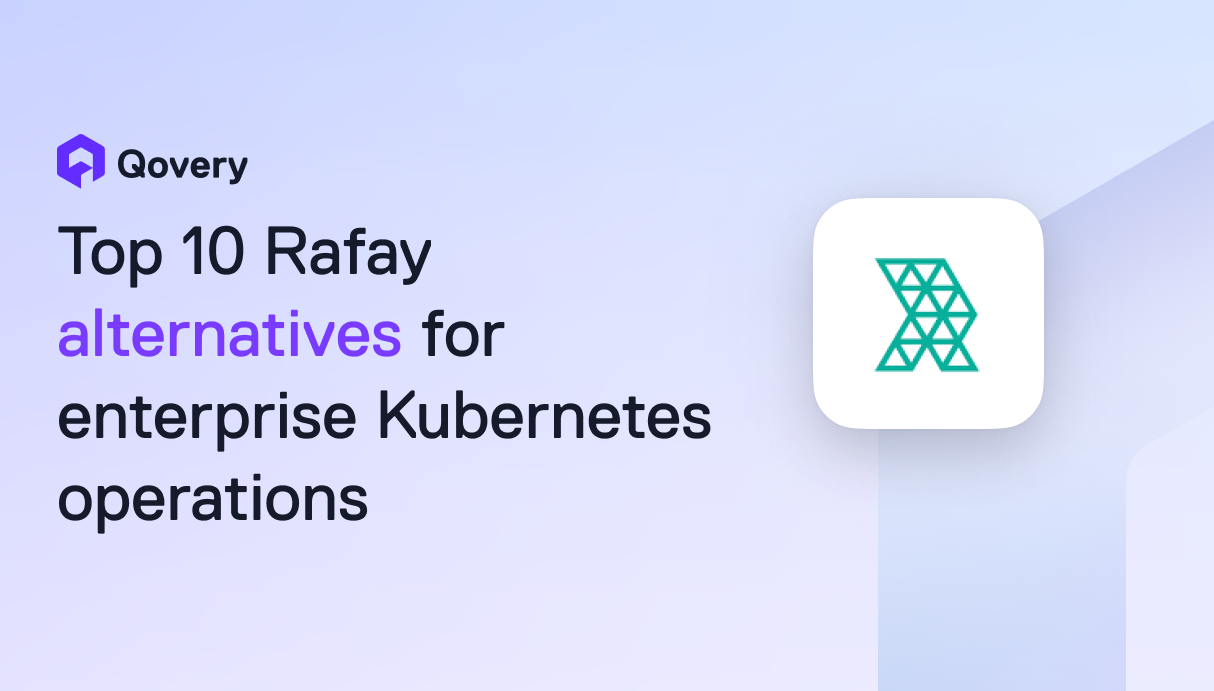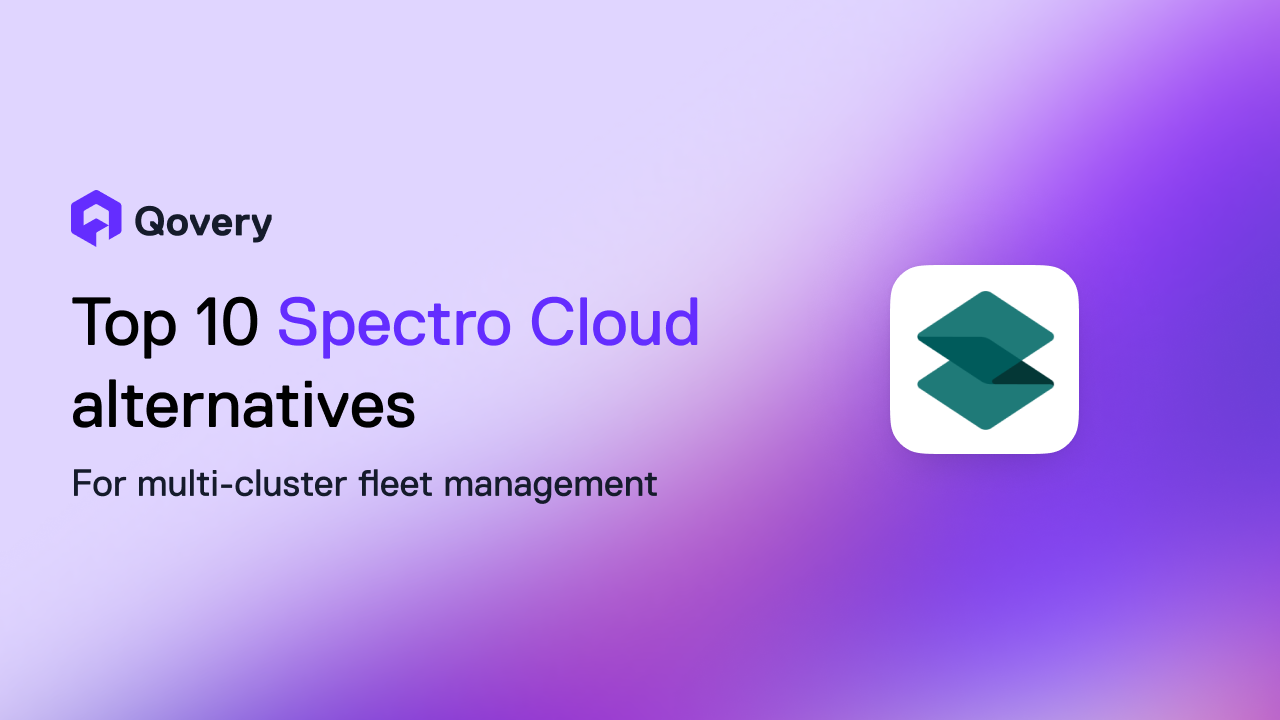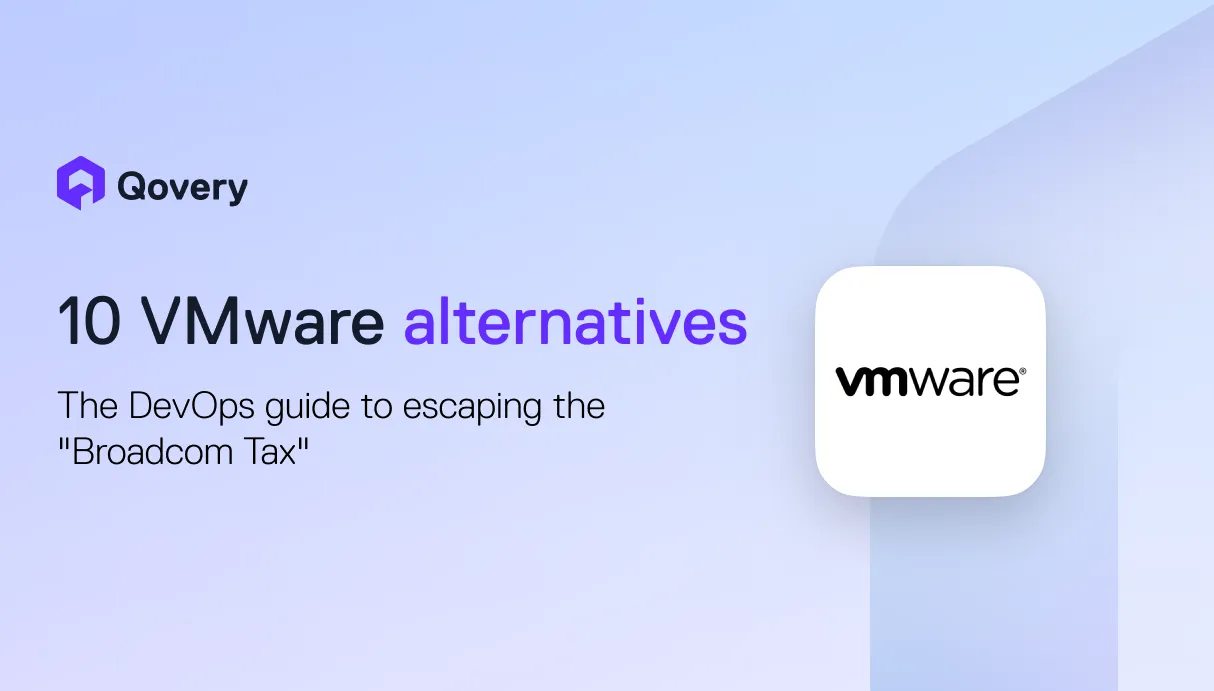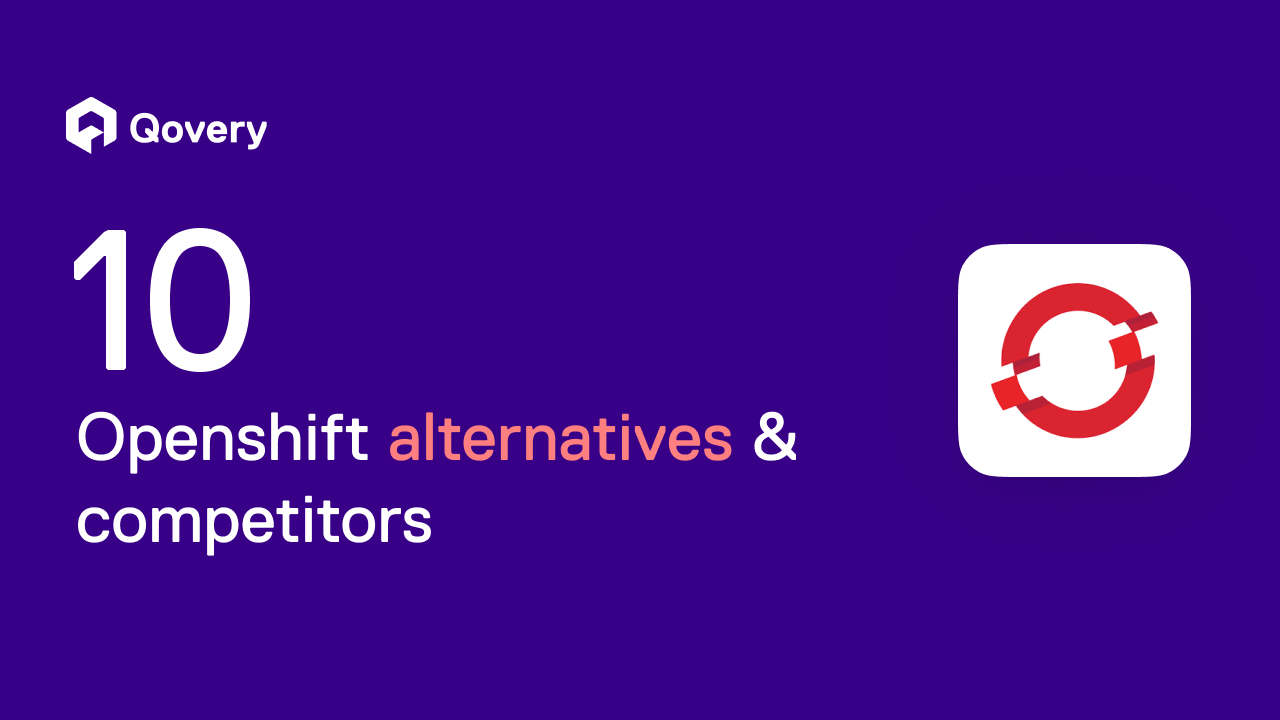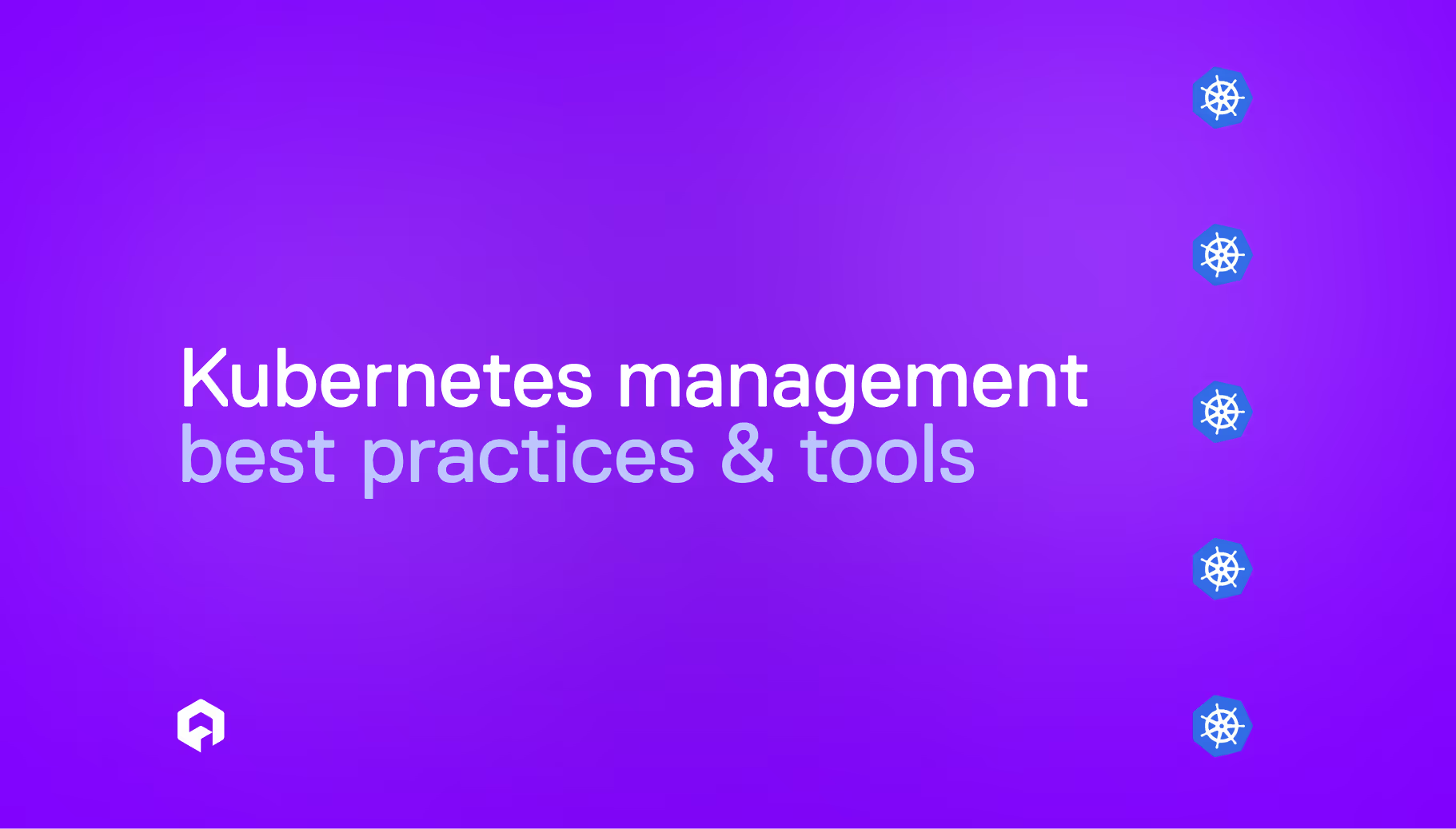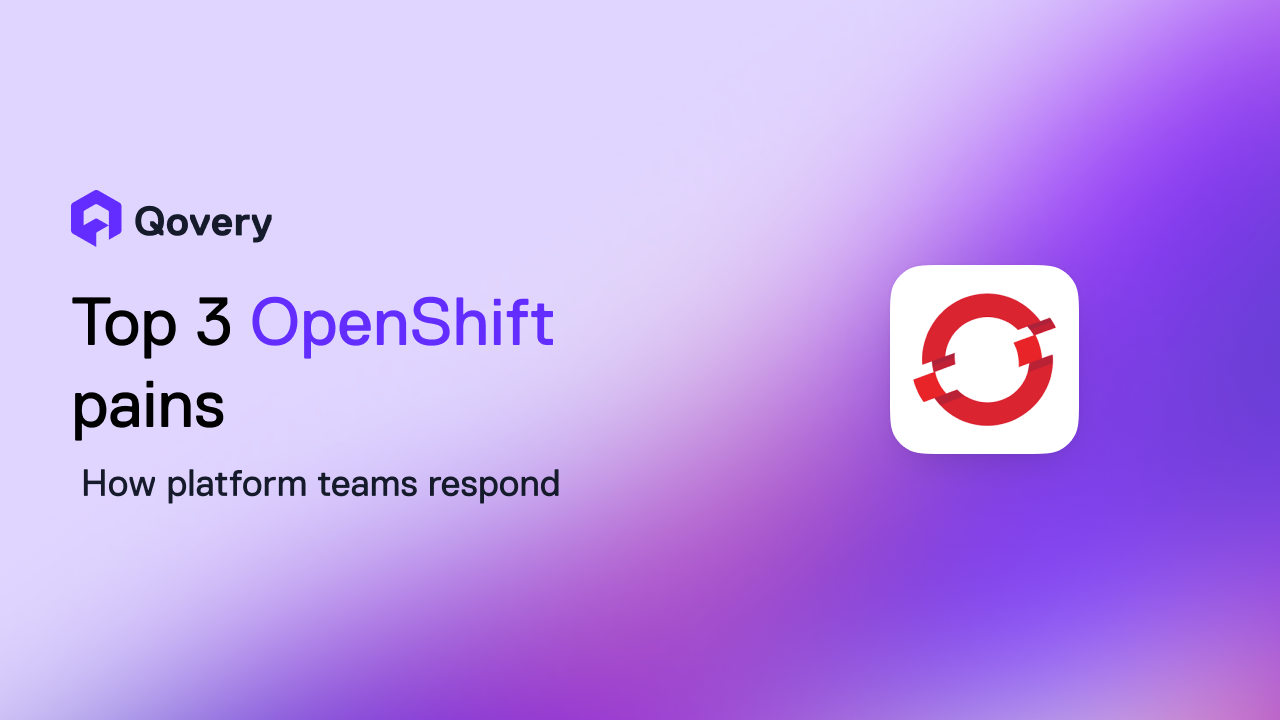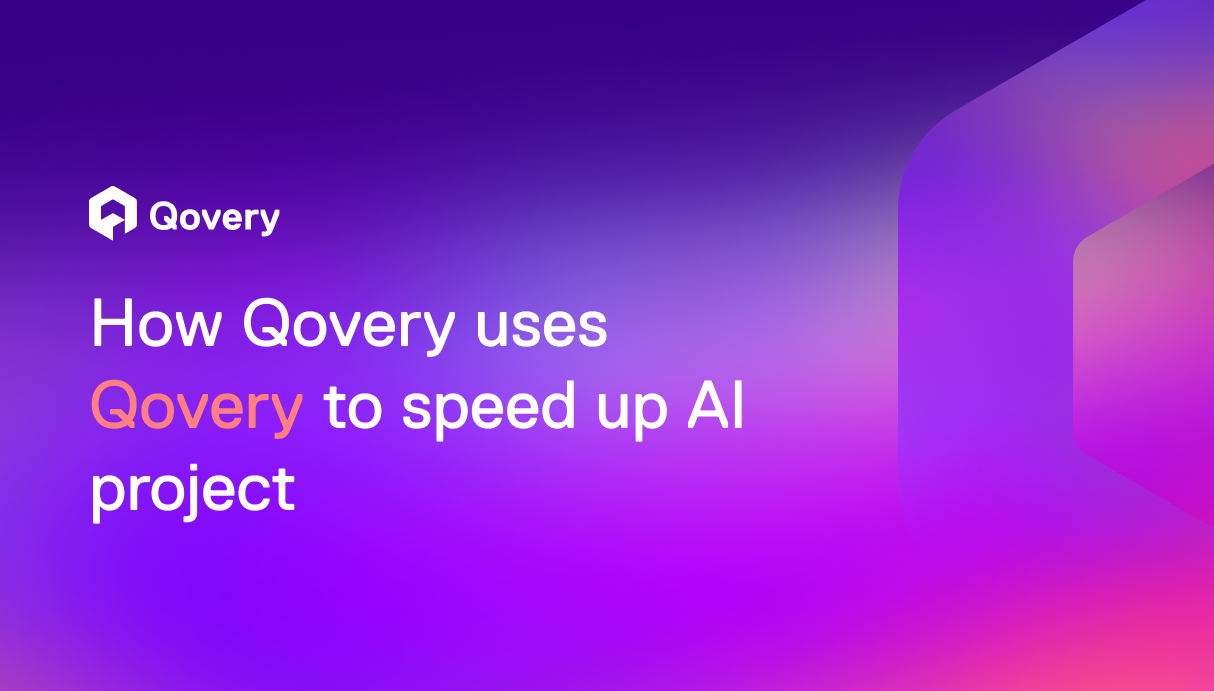
Top 10 Porter Alternatives: Escape the DIY Trap and Find a Flexible Deployment Platform

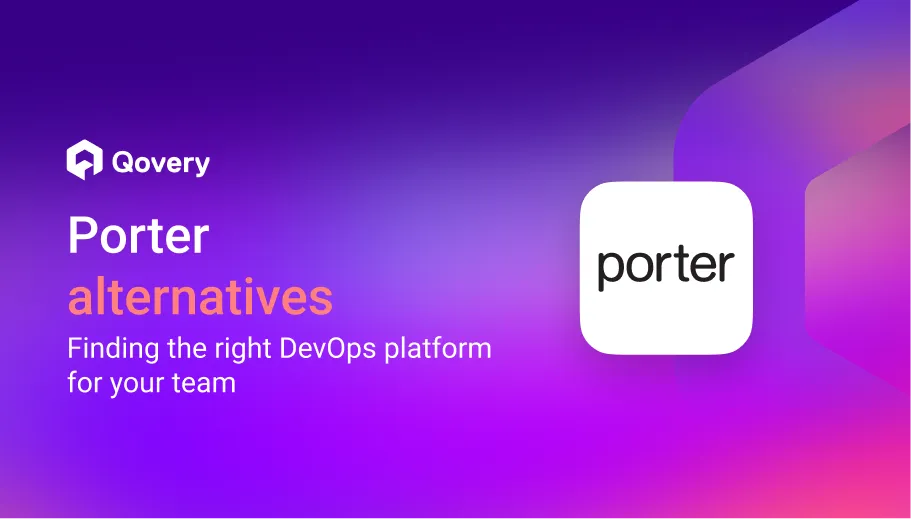

Key Points:
- While open-source solutions like Porter offer control and cost-effectiveness, they shift the burden of maintenance, updates, and security patching entirely to your team. This high operational burden can quickly become a bottleneck for growing companies.
- A platform like Qovery gives you the best of both worlds: a developer-friendly PaaS experience for easy deployment, but with the added benefit of a fully managed control plane that handles the complexity of Kubernetes for you.
- As your team scales, you'll need more than a simple UI for Kubernetes. Look for features like robust Role-Based Access Control (RBAC), transparent cost management, advanced security, and dedicated support, all of which are core to the Qovery platform.
Porter has emerged as a solid, open-source choice for teams seeking a Heroku-like Platform as a Service (PaaS) experience that runs on their own cloud infrastructure (AWS, GCP, Azure). It’s an effective way to get started with Kubernetes without being immediately exposed to its full complexity.
However, Porter's strength as a self-hosted, open-source solution is also its core limitation. For many growing and enterprise teams, taking on the responsibility for platform-level security, maintenance, and updates is a significant, unwanted hurdle. The need for a platform with superior stability, flexibility, and a lower operational cost often drives teams to look for alternatives. This is where a more comprehensive, managed automation platform, like Qovery, can be a game-changer.
The Top 10 Porter Alternatives: Finding a More Flexible DevOps Platform
To help you find a platform that offers the control of your own cloud with the stability and simplicity of a fully managed service, we've broken down the top alternatives to Porter. Here’s a look at how they stack up.
1. Qovery
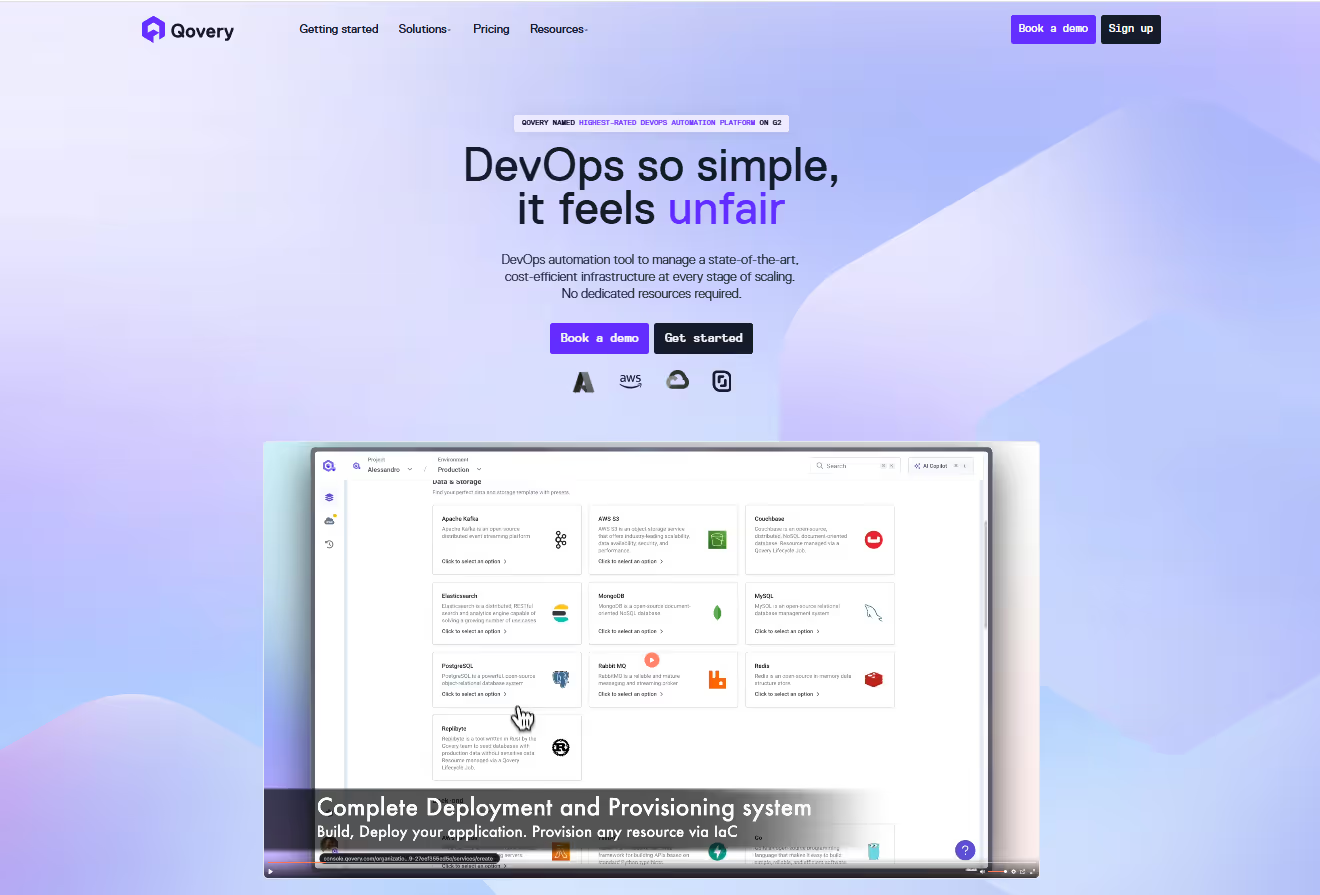
Qovery is a developer-centric Kubernetes management tool that simplifies the deployment, scaling, and management of applications on your own cloud. It provides a Git-native, user-friendly interface that empowers developers to manage their infrastructure without needing to be DevOps experts.
Pros:
- Deploy Anywhere (runs in your own cloud, avoiding vendor lock-in)
- Unified Management (single platform for apps and infrastructure)
- Zero Operational Burden (Qovery manages all platform-level updates and security)
- Superior Performance & Cost Efficiency (intelligent autoscaling)
- Enterprise-Grade Security (SOC 2, HIPAA, robust RBAC).
Cons:
As a managed platform, it offers less low-level control than a fully DIY setup with open-source tools.
How’s Qovery different from Porter?
Unlike Porter (where you manage the platform itself), Qovery provides a fully managed control plane for your infrastructure running on your own cloud account, giving you full ownership without the maintenance headache.
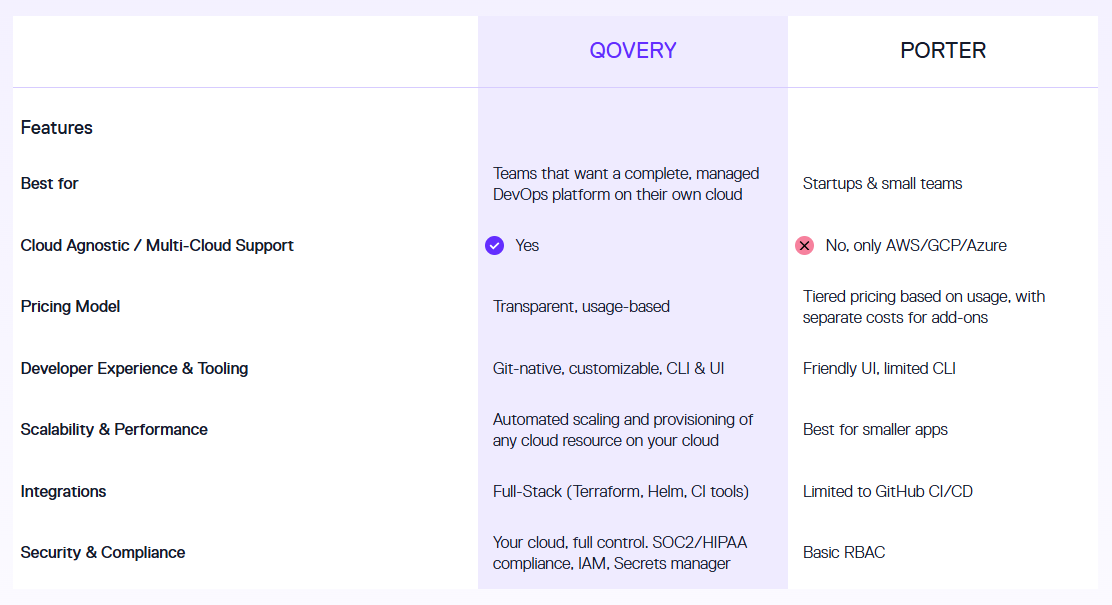
- Effortless Platform Maintenance: Porter gives you the starting point, but you're on your own for maintenance. Qovery handles all platform-level updates and troubleshooting, so you get the benefits of self-hosting without the operational burden.
- True Self-Service for Developers: While Porter offers a simple and approachable developer experience, it lacks flexibility for more complex needs. You can’t deploy custom Helm charts or integrate external tools like Datadog without relying on their closed add-on system. Qovery empowers developers to extend and customize freely within a secure, guided environment.
- Robust Enterprise-Grade Features: Qovery comes with essential features for growing teams, such as comprehensive RBAC, detailed audit logs, and cost management, which are complex to implement with a DIY solution like Porter.
2. Heroku
Heroku is a pioneer in the PaaS space, known for its extreme simplicity and developer-friendly workflow. It’s ideal for quickly deploying small projects and prototypes.
Pros:
- Extreme Ease of Use ("git push" deployment).
- Comprehensive Add-on Marketplace (wide range of managed services).
- Great for prototyping and small projects.
Cons:
- Vendor Lock-in (closed ecosystem on their own infrastructure).
- High Cost at Scale.
- Limited Control over the underlying infrastructure.
Read more: Top 10 Heroku alternatives
3. Northflank
Northflank is a solid, managed PaaS platform that offers an all-in-one solution for deploying applications, databases, and jobs without having to manage Kubernetes directly.
Pros:
- All-in-One Managed Solution (single platform for code, databases, and cron jobs).
- Good Developer Experience.
- Integrated Databases simplify setup.
Cons:
- Vendor Lock-in (entirely locked into their managed infrastructure).
- Lack of Flexibility (minimal custom Kubernetes configuration).
- High Cost at Scale.
Read more: Top 10 Northflank alternatives
4. DuploCloud
DuploCloud is a low-code platform that focuses on automating infrastructure and compliance for DevOps teams.
Pros:
- Infrastructure Automation (meets compliance and security standards).
- Cloud Agnostic.
- High Scalability.
Cons:
- DevOps-Centric (less intuitive for developers).
- Slower Deployment (more involved setup process).
- Vendor Lock-in (dependency on platform’s specific abstractions).
Read more: Top 10 DuploCloud alternatives
5. ArgoCD
ArgoCD is an open-source, declarative GitOps continuous delivery tool for Kubernetes. It is not a complete platform but a powerful component for automating deployments.
Pros:
- Open-Source & Community-Driven.
- GitOps-Native (synchronizes applications from Git).
- Highly Extensible.
Cons:
- Partial Solution (only handles CD, not infrastructure provisioning).
- Steep Learning Curve (requires deep Kubernetes knowledge).
- High Operational Burden (you handle all setup and maintenance).
Read more: Top 10 ArgoCD alternatives
6. FluxCD
FluxCD is similar to ArgoCD, an open-source GitOps engine for continuous delivery. It’s a core component that automates the syncing of your Git repository with your Kubernetes cluster.
Pros:
- Open-Source & Community-Driven.
- Highly Extensible.
- Strong Focus on GitOps.
Cons:
- Partial Solution (only handles CD, not infrastructure provisioning or networking).
- Steep Learning Curve (requires deep Kubernetes knowledge).
- High Operational Burden (you handle all setup and maintenance).
7. Rancher
Rancher is a Kubernetes management platform that simplifies running clusters, particularly for teams with multiple clusters or on-premise deployments.
Pros:
- Multi-Cluster Management (across different cloud providers).
- User-Friendly Interface.
- Built-in Catalog (Helm charts).
Cons:
- Setup Complexity (challenging for beginners).
- Kubernetes-focused (assumes expertise and doesn't offer a full PaaS experience).
Read more: Top 5 Rancher alternatives
8. Portainer
Portainer is a lightweight, open-source management tool with a user-friendly UI for managing Docker and Kubernetes environments.
Pros:
- Simplicity (easy to use for simple deployments).
- Lightweight (good for resource-constrained environments).
- Self-Hosted (full control).
Cons:
- Limited Kubernetes Support (lacks advanced features for large deployments).
- Not for Large Scale.
9. Platform9
Platform9 is a SaaS-managed cloud platform that provides a simplified way to deploy and manage Kubernetes environments on any infrastructure.
Pros:
- Enterprise-Grade Features (high availability, disaster recovery).
- Kubernetes-Focused.
- Excellent Support.
Cons:
- High Cost (especially for smaller deployments).
- Complexity (still requires expertise to use effectively).
10. Mirantis Kubernetes Engine
Mirantis Kubernetes Engine is an enterprise-grade Kubernetes platform built on Docker technology.
Pros:
- Avoids Lock-in (based on open standards).
- Focus on Apps (infrastructure is managed).
- Leverages Open Source.
Cons:
- Overkill for Small Teams (advanced features).
- Steeper Learning Curve (requires deep Kubernetes concepts).
Ready to Experience the Qovery Difference?
While Porter is a good DIY solution for small, hobbyist projects, a full-stack Kubernetes management tool like Qovery offers a faster path to value and a better, more sustainable experience for the entire team as you scale. It handles everything from provisioning your infrastructure to managing your applications, so you can focus on what you do best: building great software.

Suggested articles
.webp)



.svg)
.svg)
.svg)


